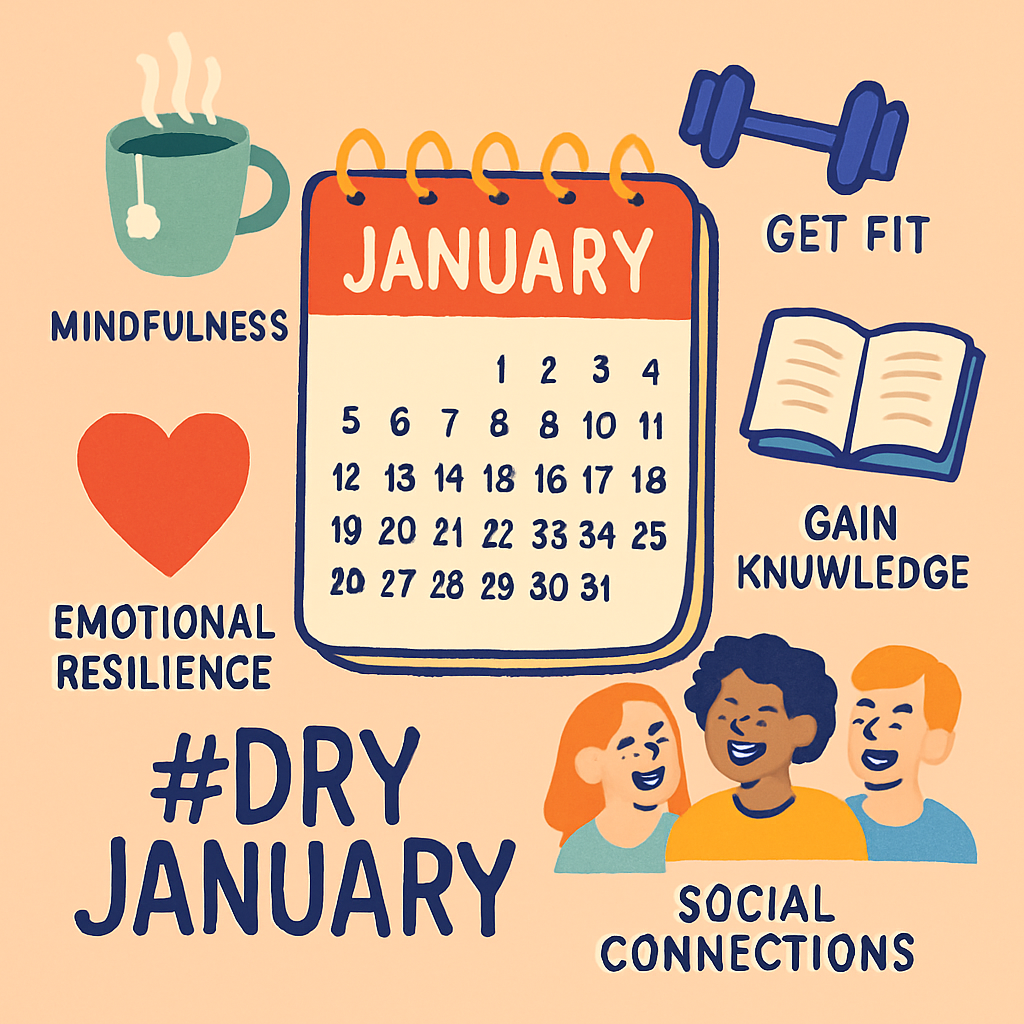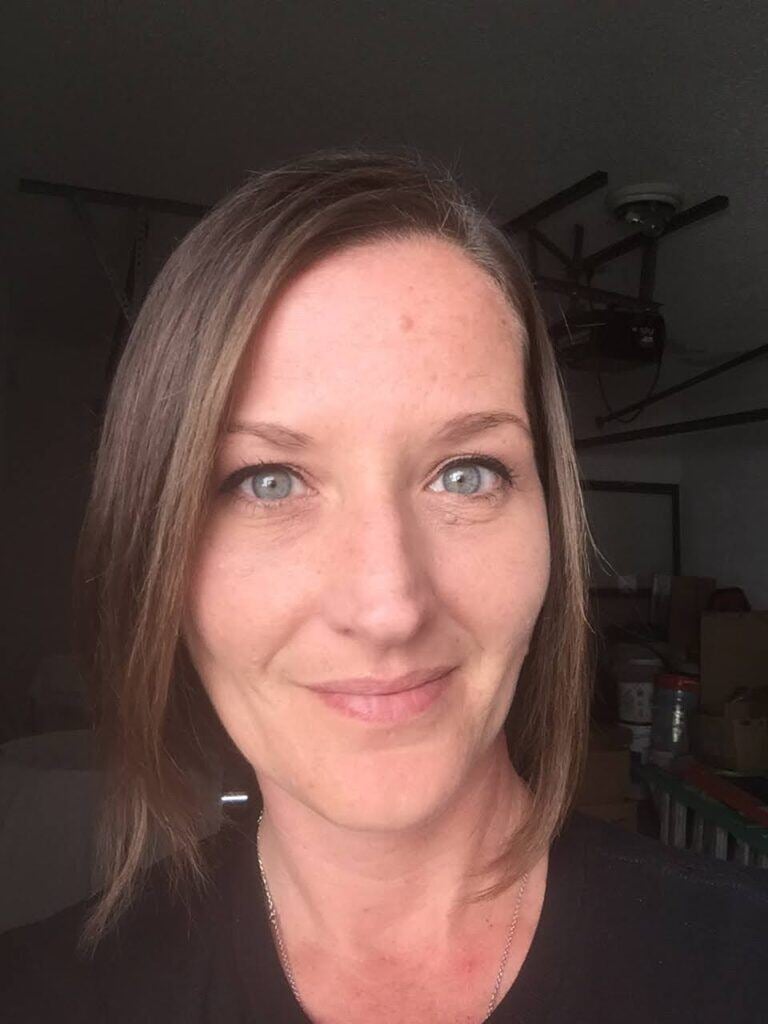By Robert Parkinson, MSW
 You made it through recovery treatment. You were doing well staying stopped on your drinking. And then one night, a coworker asks you to grab a drink after work. “Just one drink.” It can’t hurt, you tell yourself. That’s the last thing you remember when you wake up in the hospital the next morning.
You made it through recovery treatment. You were doing well staying stopped on your drinking. And then one night, a coworker asks you to grab a drink after work. “Just one drink.” It can’t hurt, you tell yourself. That’s the last thing you remember when you wake up in the hospital the next morning.
A relapse (“lapse,” “slip,” “setback”) is one of the most frustrating, humiliating experiences you can face in recovery from any problem habit. It leaves you feeling guilty, ashamed and tempted to throw in the towel and just keep acting out on the addiction. Unfortunately, relapse is also common. According to the National Institute on Drug Abuse, 40 to 60 percent of people who go through addiction treatment programs go on to slip at least once. In fact, many people have multiple setbacks before finally achieving a full recovery.
You can take some comfort in knowing relapse is common. But how do you handle it? Here are some tips:
Brace yourself. For many after a setback, a person’s guilt, shame and humiliation come back tenfold. Prepare yourself for these feelings. Commit to use them as motivation to get back on track rather than as an excuse to hide away in disgrace, if you do slip.
Get support. Whether you just sobered up after a brief lapse or you are in the middle of a longer relapse, you should consider contacting your addiction counselor, recovery coach, or other recovery accountability supporter to schedule a face-to-face meeting. Prepare yourself for a difficult conversation; admitting you slipped up will be difficult and humbling. If you can’t bring yourself to meet in person, make a phone call or send an email or text. The important part is to reestablish contact and let them know you’re struggling.
Call on loved ones. This step may be particularly tough, especially if you’ve hurt your friends and family members with your addiction in the past. But support from the most important people in your life is critically important if you want to recover for good. When you approach loved ones, do so honestly and make sure you intend to go through with whatever you promise to do.
Consider returning to treatment. Whether or not you should return to treatment will depend on the severity of your lapse and the circumstances surrounding it. If the relapse consisted of a few hours or a few days, you may be able to veer back to your recovery path somewhat seamlessly. If you went on a multiple week-long bender, another round of treatment may be in order. Just like every addiction story is different, so is the path to recovery. Some treatment providers and facilities offer aftercare services as part of the original treatment plan, or free counseling for a period following the initial treatment time.
Think of relapse as a stepping stone. Instead of viewing your slip as a step backward, think of it as a progression on your road to recovery. Many people lapse or relapse, and if you think of each attempt at sobriety as a means of getting closer to your end goal — a lesson in your cumulative recovery learning, so to speak — this setback won’t be in vain.
But try not to get trapped in a revolving door. While recovering from addictive behavior, some people get caught in a pattern of repeated relapse and rehab, a phenomenon sometimes called “revolving door syndrome.” In most cases of revolving door syndrome, the person isn’t fully (or consistently) committed to a sober life, which makes going back to the substance or behavior of choice seem too tempting to resist. This cycle of repeated relapse is dangerous because it takes a toll on the individual’s health (physical and mental), sense of self-worth, and whatever healthy, positive relationships remain in his or her life. Although repeated slips can be a normal part of recovery for some, ongoing relapse and rehab can become a compulsive pattern of its own and make it even more difficult to successfully stay sober long-term.
Look on the bright side. A slip may feel like the end of the world, but really, it’s an opportunity for growth and reinforcing basic life skills that need more work. Many people emerge from relapse with a fresh scare regarding what they are up against, as well as a deeper commitment to becoming sober. This renewed motivation can help you come back from a relapse even stronger than you were before.
Looking for More Information?
If you’d like to read more about creating a relapse prevention plan, please continue reading this article: How to Deal with Backsliding. Once you’ve finished reading, we encourage you to search for a meeting near you and/or join our online community where we have daily online meetings and 24×7 message boards and chat rooms.




